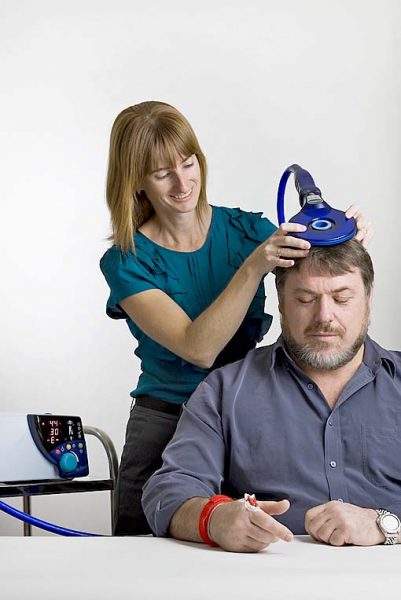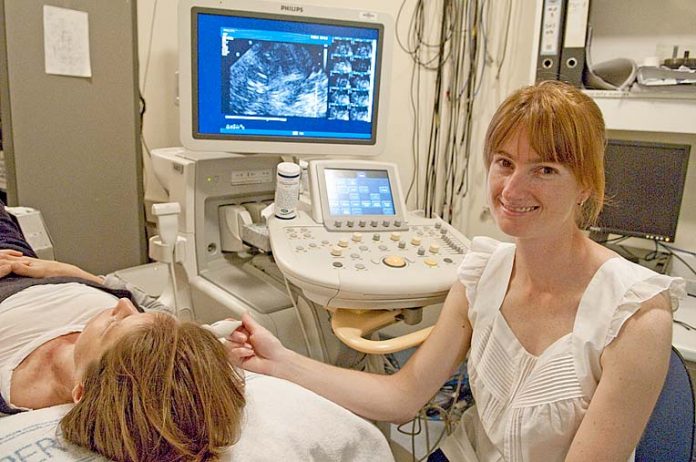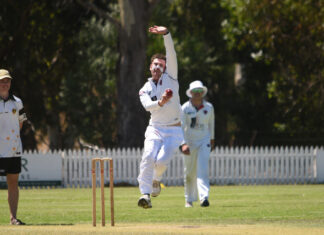
LEADING health researchers have warned South East people dabbling in crystal methamphetamine are gambling with their long-term health.
The warning comes as leading South Australian researchers plan a number of focus groups in Mount Gambier to develop a powerful television advertisement to prevent the use of the insidious drug, which is commonly known as ice.
New research shows people using this notorious drug just five times face long-lasting damage to their brains.
The focus groups – which will be held at the UniSA Mount Gambier campus in August – come as regional authorities warn ice is now the “drug of choice” in the Limestone Coast.
UniSA senior lecturer Dr Gabrielle Todd – who has led a team of researchers and clinicians investigating the long-lasting effects of ice on health – warned ice was a dangerous and “toxic” cocktail.
She revealed a survey of young people indicated many were unaware even recreational ice use caused long-term health problems.
“Research shows even after people stop using, methamphetamine affects the brain months to years after,” Dr Todd told The Border Watch.
“This drug is very toxic, it is not like if you drink alcohol and you feel a bit tipsy afterwards.”
Dr Todd also fired a warning these long-term health impacts did not just affect those “addicted” to the powerful drug.
“It is not only those who are addicted to the drug, but those who use it recreationally and infrequently,” she said.
Researchers hope to attract 24 people in Mount Gambier to take part in three focus group sessions.
She revealed the university had struggled to find participants and was calling for people – aged 18 to 50 – to volunteer their time.
Dr Todd revealed they were searching for people who had used the drug as well as those who had not tried ice.
“We want the advertisement to be authentic so we need people from both groups,” the researcher added.
“At the moment we have a participant drought in Mount Gambier – we have had no problem finding people in Adelaide.”
She said information gathered at the focus group remained confidential and people would not be asked to tell their story or give details to the group.
“No one will be required to talk about their own experience,” Dr Todd said.
“We need people to tell us what they think about the advertisement and if they understand the words.
“Our team has discovered that use of methamphetamine is associated with long lasting effect.”
The research team now has $150,000 to translate research findings into preventative, television-quality advertisement.
“The advertisement aims to increase community knowledge about the long-lasting impacts of methamphetamine, to change attitudes towards methamphetamine and to ultimately discourage young people from using the drug,” Dr Todd said.
All participants will be compensated for their time with $20 for the focus groups that will run on August 15 and 16 after work hours.
For more information contact Dr Verity Pearson-Dennett by email at verity.pearson-dennett@unisa.edu.au or on 0422 069 170.
Visit www.surveymonkey.com/r/preventative-advertising for more details.








